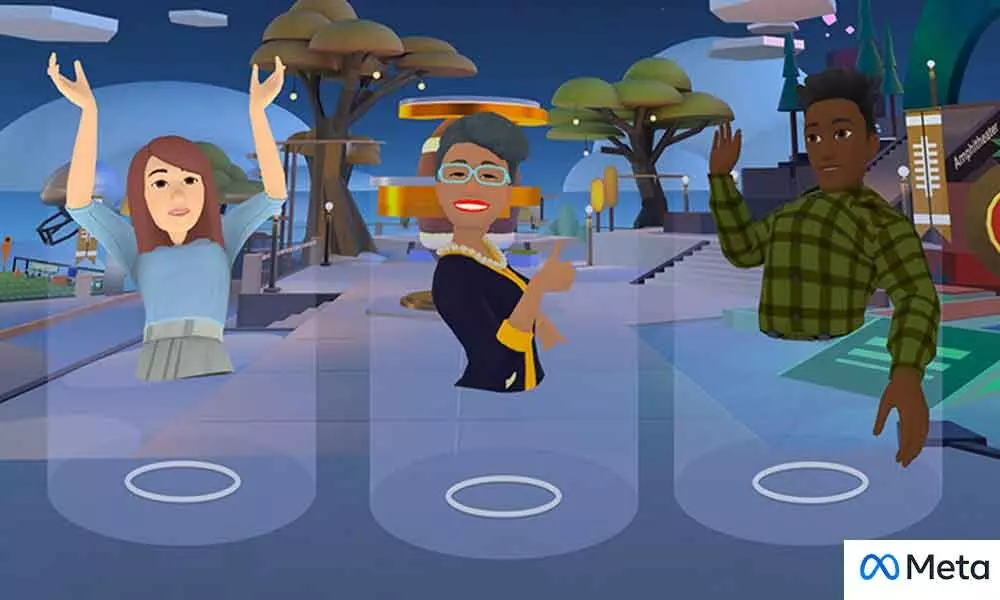Meta is adding a 'personal boundary' to VR avatars to stop bullying

Meta is adding a 'personal boundary' to VR avatars to stop bullying
Meta is rolling out a "personal boundary" system to its Horizon VR experiences, with the goal of stopping VR bullying. It is being implemented in Horizon Worlds and Venues.
Meta is rolling out a "personal boundary" system to its Horizon VR experiences, with the goal of stopping VR bullying. The new feature is enabled by default in the Horizon Worlds creation platform and the Horizon Venues live events service. It builds an invisible virtual barrier around avatars, controlling other people from getting too close, though you can apparently still reach out to give someone a fist bump or high five. creates
The boundary system builds on an existing feature that could cause users' hands to disappear if they got too close to another avatar. As Meta describes it, it gives everyone a two-foot radius of virtual personal space, creating the equivalent of four virtual feet between avatars. Meta spokeswoman Kristina Milian confirmed that users cannot choose to disable their personal limits, as the system is intended to set standard norms for how people interact in VR. However, future changes could allow people to customize the size of the radius.
If someone tries to walk or teleport into your personal space, their forward movement will stop. However, Milian says she can still switch to another avatar, so users can't do things like use their bubbles to block entrances or trap people in virtual space.
The Meta changes will be implemented two months after Horizon Worlds opened to the public after a long period of beta testing. During that period, at least one beta user complained that a stranger had tampered with her avatar. While the user mentioned that they eventually turned on the lock feature to stop the stalker, Meta determined that they hadn't taken full advantage of the available options and expressed a desire to make features like the lock button "trivially easy and easy to find."
Personal space bubbles are a standard option in older VR social spaces like VRChat and Rec Room, though users can change their size or turn them off in those services. Some games like QuiVR, which was home to one of the first reported cases of sexual harassment in virtual reality, have also implemented custom gestures that allow you to "push" an avatar away from you.









